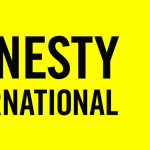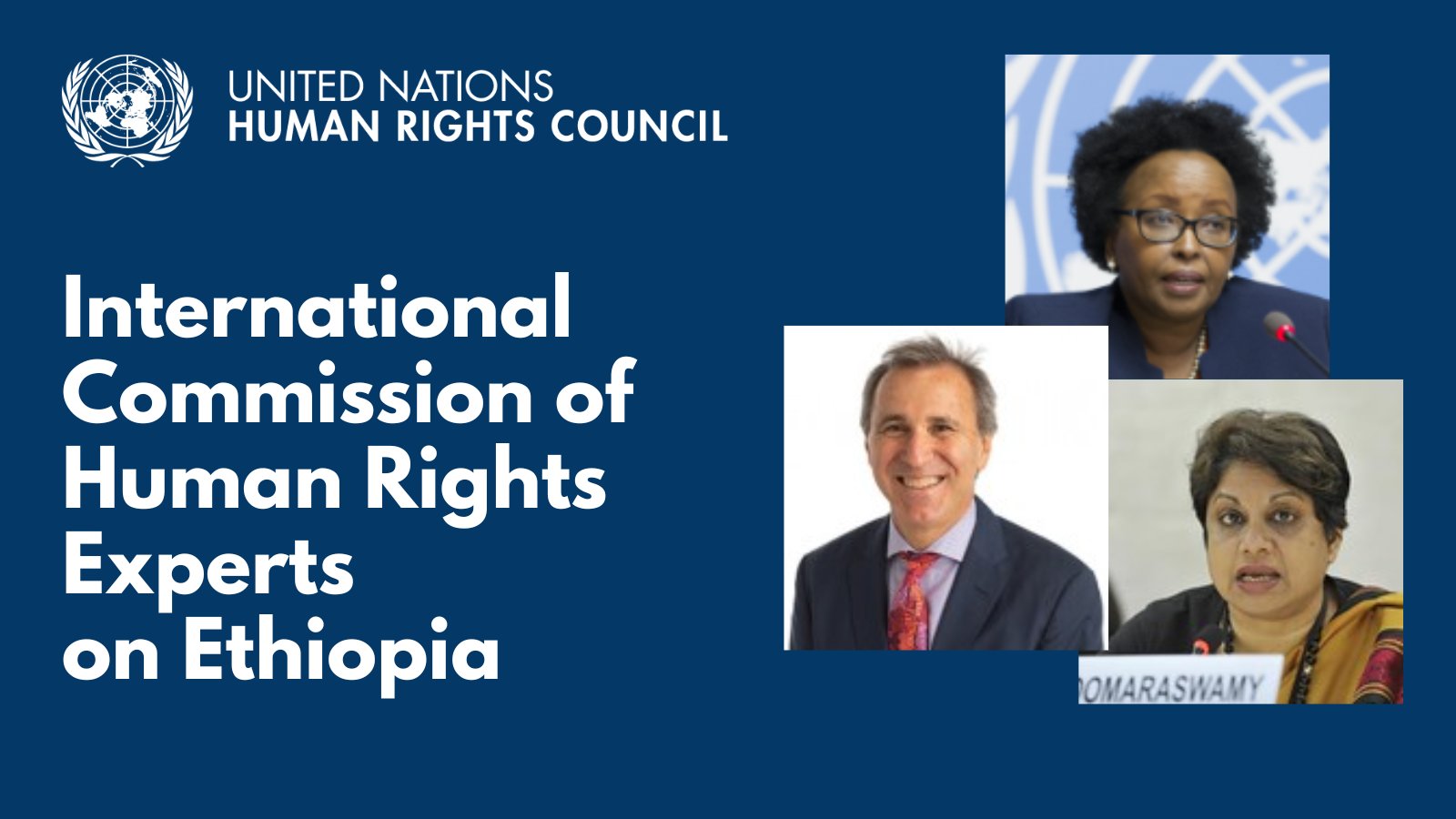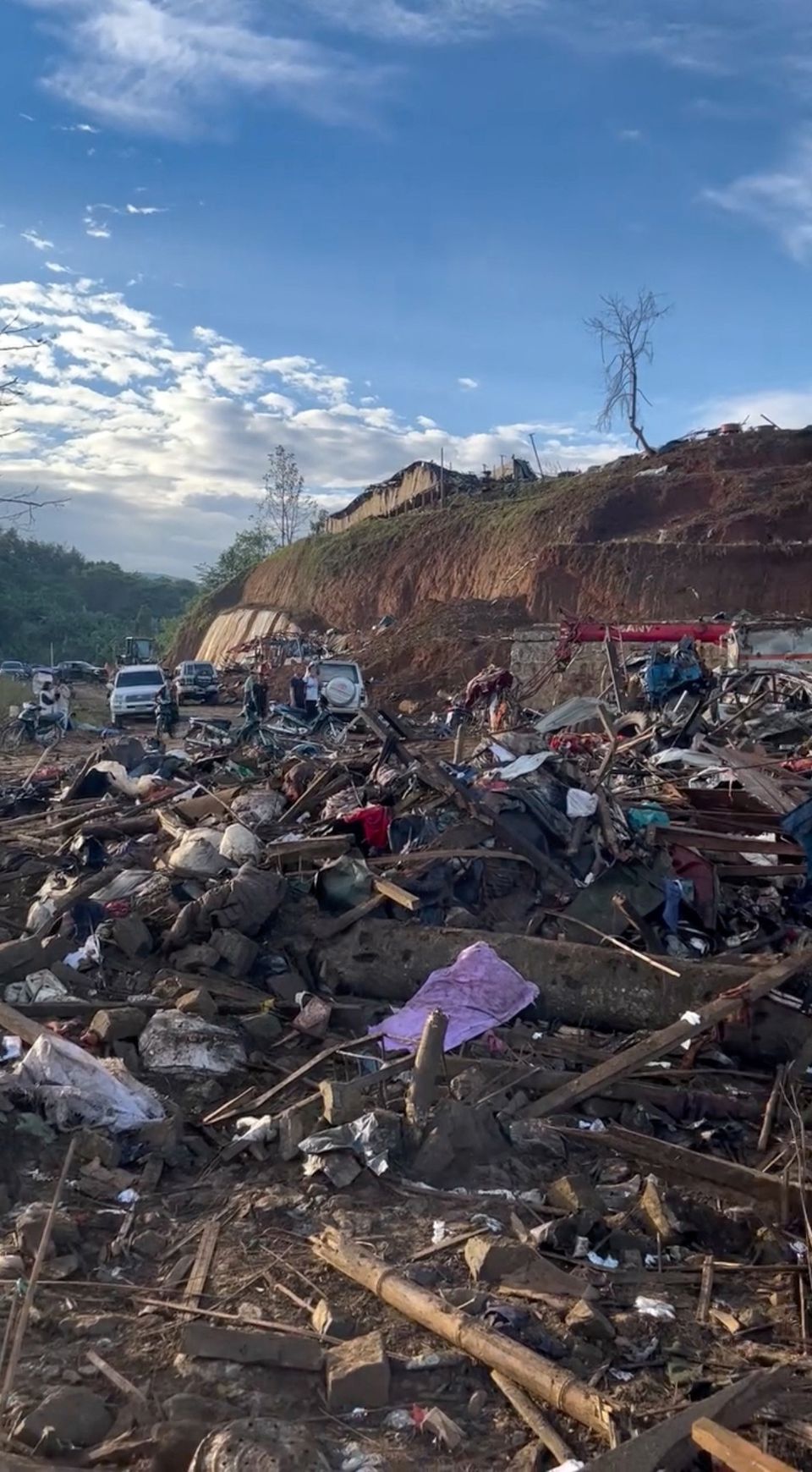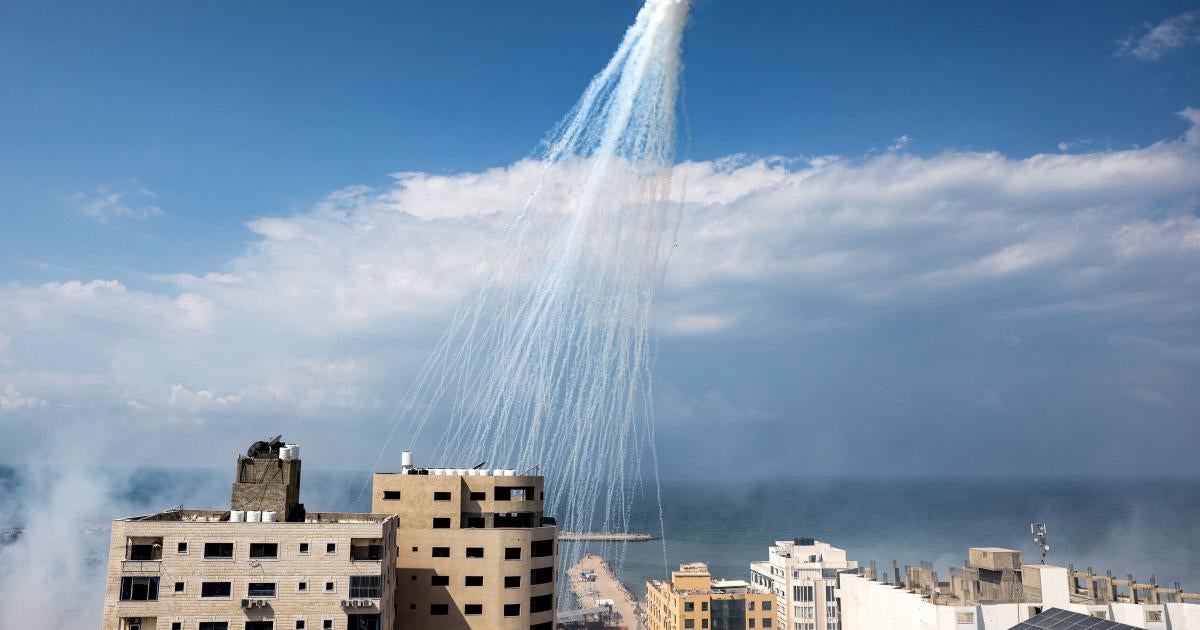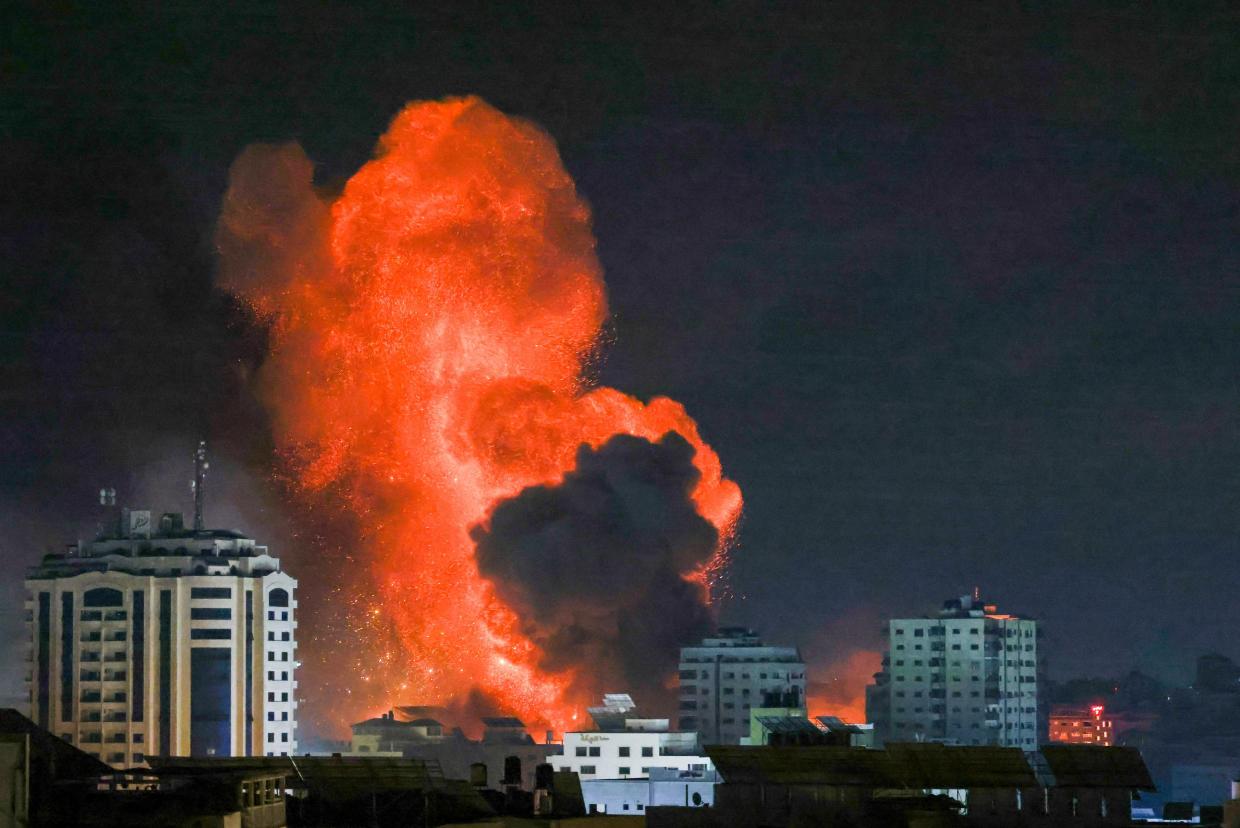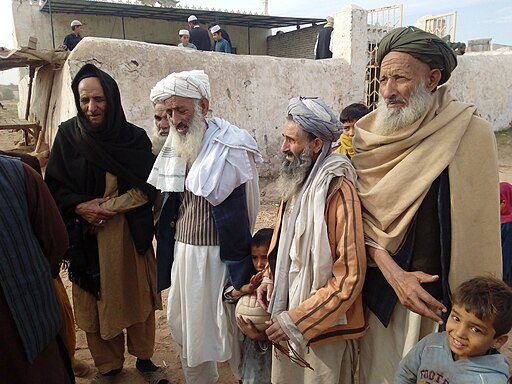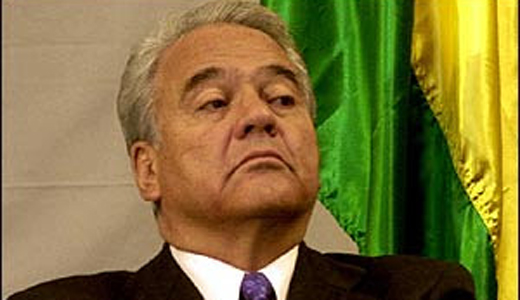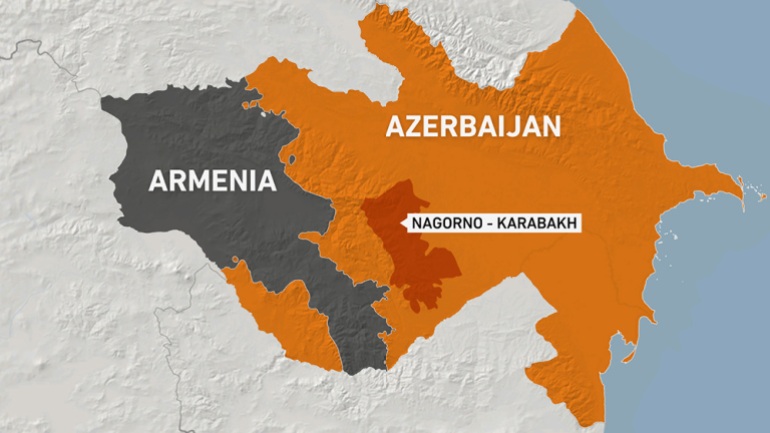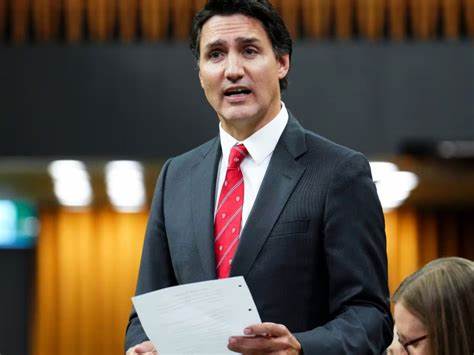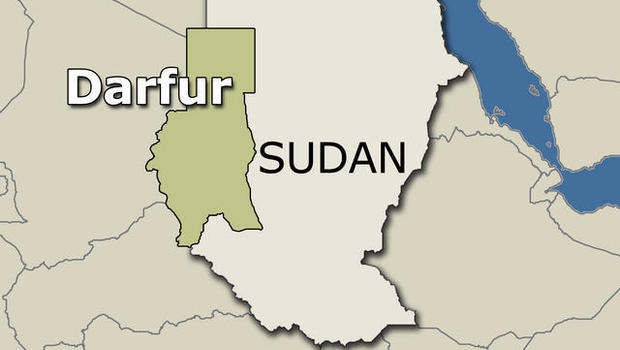Meta should immediately pay reparations to the Rohingya' - Amnesty International
![]()
Meta should immediately pay reparations to the Rohingya for the role that Facebook played in the ethnic cleansing of the persecuted minority group, Amnesty International said today, on the sixth anniversary of the Myanmar military’s brutal operation during which they raped Rohingya women and girls, burned down entire villages, and killed thousands.
“Six years have gone by since Meta contributed to the terrible atrocities perpetrated against the Rohingya people. Yet although this stands out as one of the most egregious examples of a social media company’s involvement in a human rights crisis, the Rohingya are still awaiting reparations from Meta,” said Pat de Brún, Head of Big Tech Accountability at Amnesty International.
“Our investigations have made it clear that Facebook’s dangerous algorithms, which are hard-wired to drive “engagement” and corporate profits at all costs, actively fanned the flames of hate and contributed to mass violence as well as the forced displacement of over half the Rohingya population of Myanmar into neighbouring Bangladesh.
“It is high time Meta faced its responsibilities by paying reparations to the Rohingya and by fixing its business model to prevent this from happening again.”
Amnesty International and Al Jazeera publish a searing first-person account by Rohingya refugee Maung Sawyeddollah, who was forced to flee his village in Myanmar when he was just a teenager. He fled through torched villages and fields filled with dead bodies and now lives in the world’s biggest refugee camp, Cox’s Bazar in Bangladesh, with around a million of his people.
Last year, Amnesty International published a report detailing Meta’s role in the atrocities committed against the Rohingya people by the Myanmar military in 2017. It revealed that even Facebook’s internal studies dating back to 2012 indicated that Meta knew its algorithms could result in serious real-world harms. In 2016, Meta’s own research clearly acknowledged that “our recommendation systems grow the problem” of extremism.
Beginning in August 2017, the Myanmar security forces undertook a brutal campaign of ethnic cleansing against Rohingya Muslims in Myanmar’s Rakhine State. They unlawfully killed thousands of Rohingya, including young children; raped and committed other sexual violence against Rohingya women and girls; tortured Rohingya men and boys in detention sites; and burned down hundreds of Rohingya villages. The violence pushed over 700,000 Rohingya — more than half the Rohingya population living in northern Rakhine State at the beginning of the crisis — into neighbouring Bangladesh.
In 2020, Following an independent inquiry into Facebook’s (Meta) impact on human rights in Sri Lanka, Indonesia and Cambodia; the company has put out a statement apologising for the role it has played in stoking anti-Muslim violence.
The specific accusations against Facebook relate to an anti-Muslim Digana riot in Kandy. During the riots at least 8 homes and 50 businesses were destroyed. There were also reports that politicians and police backed by President Mahinda Rajapaksa joined the anti-Muslim riots.
These riots were sparked by the spread of a viral video spread on social media platforms such as Facebook, showing a Muslim restaurateur claiming to mix “sterilization pills” into the food of Sinhala-Buddhist men.
In Sri Lanka, there are close to six million Facebook accounts which includes a significant number of fake profiles used to propagate racist content and conspiracy theories related to the island's Muslims. Facebook has claimed a success in combating this content stating that in the first quarter of this year, it removed 2.2 billion fake accounts globally. They further report that over the first quarter of this year they have been successful in removing four million posts of hate speech globally from its platform. This was an increase from the last quarter of 2018 where only 3.3 million pieces of content were detected and removed.
Read more here

